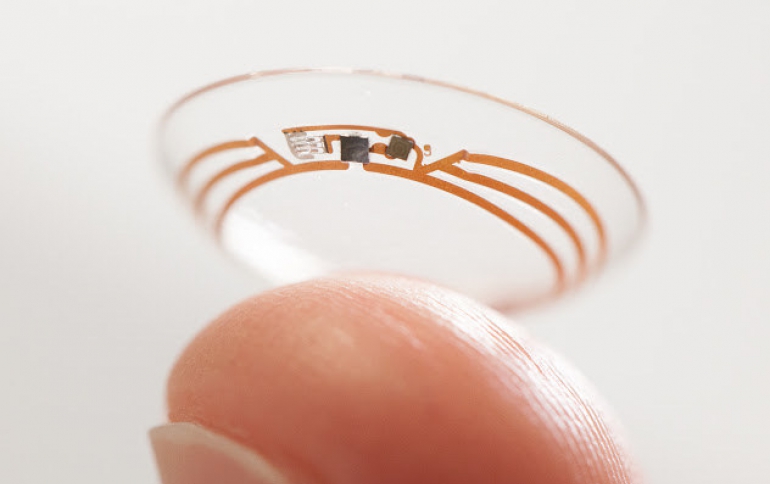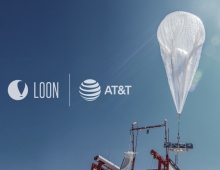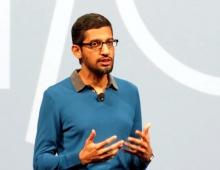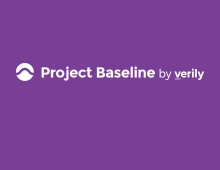
Alphabet Stops Glucose-sensing Lens Project
Alphabet Inc’s Verily is putting its glucose-sensing lens work on hold, after identifying insufficient consistency in the measurements of sugar levels.
The project, started in 2014, aimed to help diabetics better manage their blood sugar levels by embedding sensors on a contact lens to monitor the glucose levels in their tears.
Along the way, the company performed many clinical study sessions with individual users, collecting hundreds of thousands of biological data points from on-eye readings. This clinical work on the glucose-sensing lens demonstrated that there "was insufficient consistency in our measurements of the correlation between tear glucose and blood glucose concentrations to support the requirements of a medical device," according to Brian Otis, Chief Technical Officer, Verily.
The company found that interference from biomolecules in tears resulted in challenges in obtaining accurate glucose readings from the small quantities of glucose in the tear film. In addition, the clinical studies have demonstrated challenges in achieving the steady state conditions necessary for reliable tear glucose readings.
Verily, which was previously part of the tech giant’s Google X research and development unit, had partnered with Novartis’ eye-care division, Alcon, to develop the lens. The Smart Lens program has evolved into an electronics platform that can support actions, like sensing and transmitting data, on the eye. In addition to the original glucose-sensing lens, the company has been working on a smart accommodating contact lens for presbyopia and a smart intraocular lens for improving sight following cataract surgery.
Verily said it would continue to work with Alcon on two other programs.





















